By Mary Sinanidis
The Hellenic Museum of Melbourne buzzed with life on March 25th, capping off a weekend bursting with Greek Independence Day events. The air crackled with an energy of cultural pride and appreciation as Greek Australian community leaders, businesspeople, politicians, sports leaders, and clergy joined together.
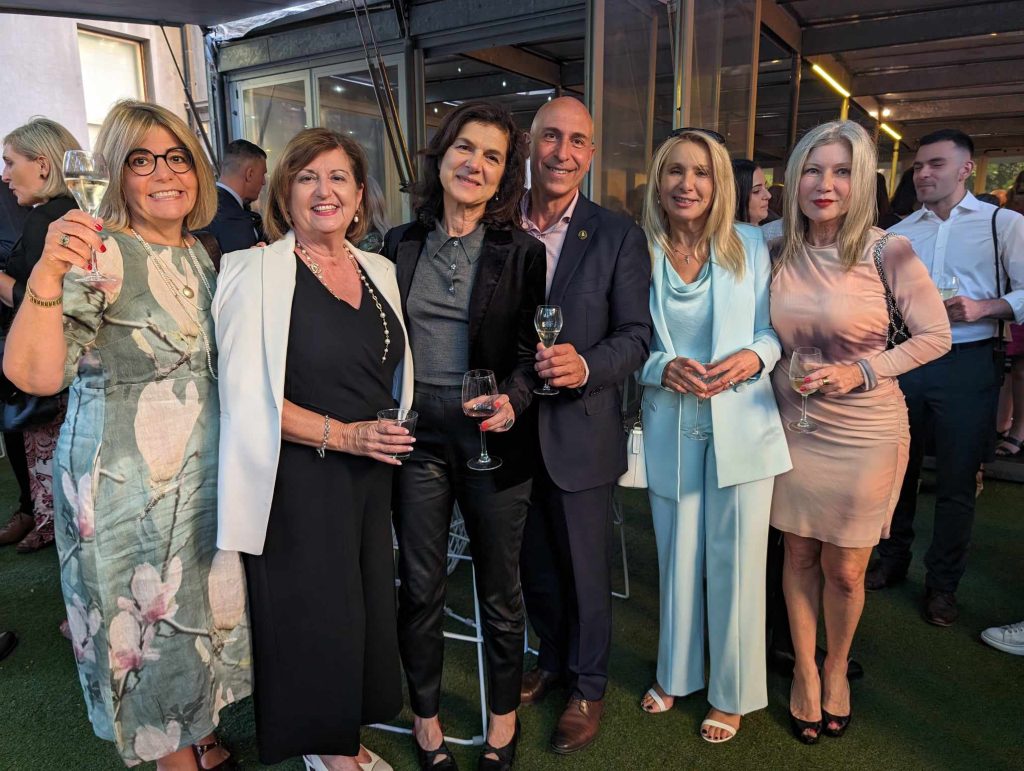
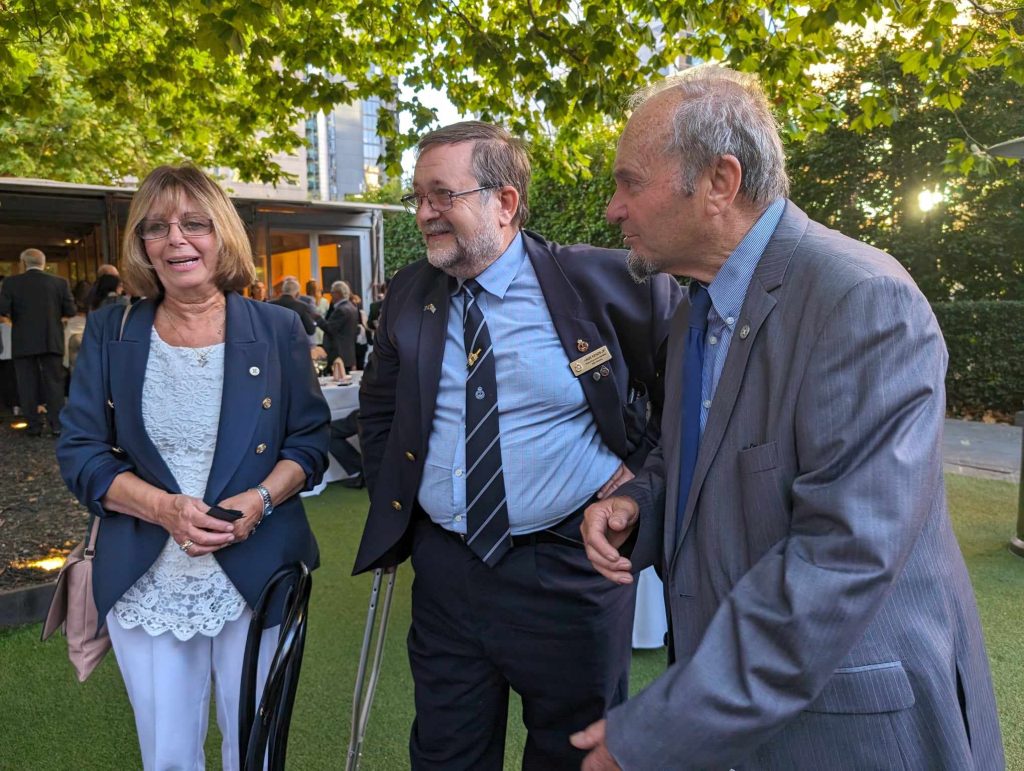
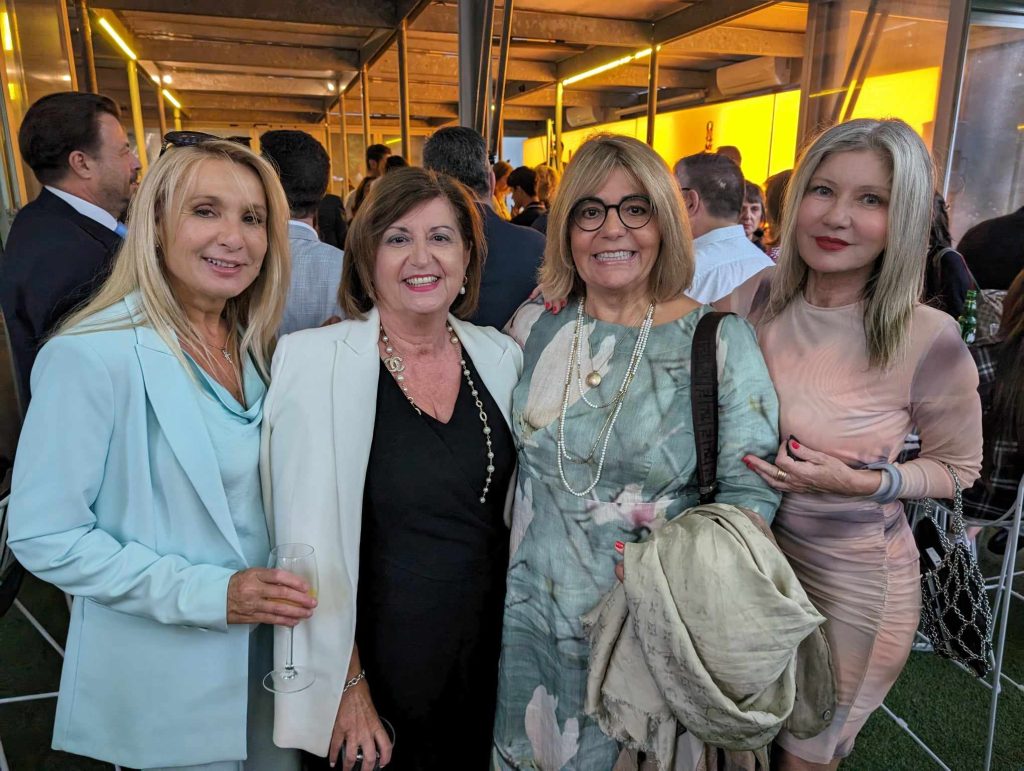
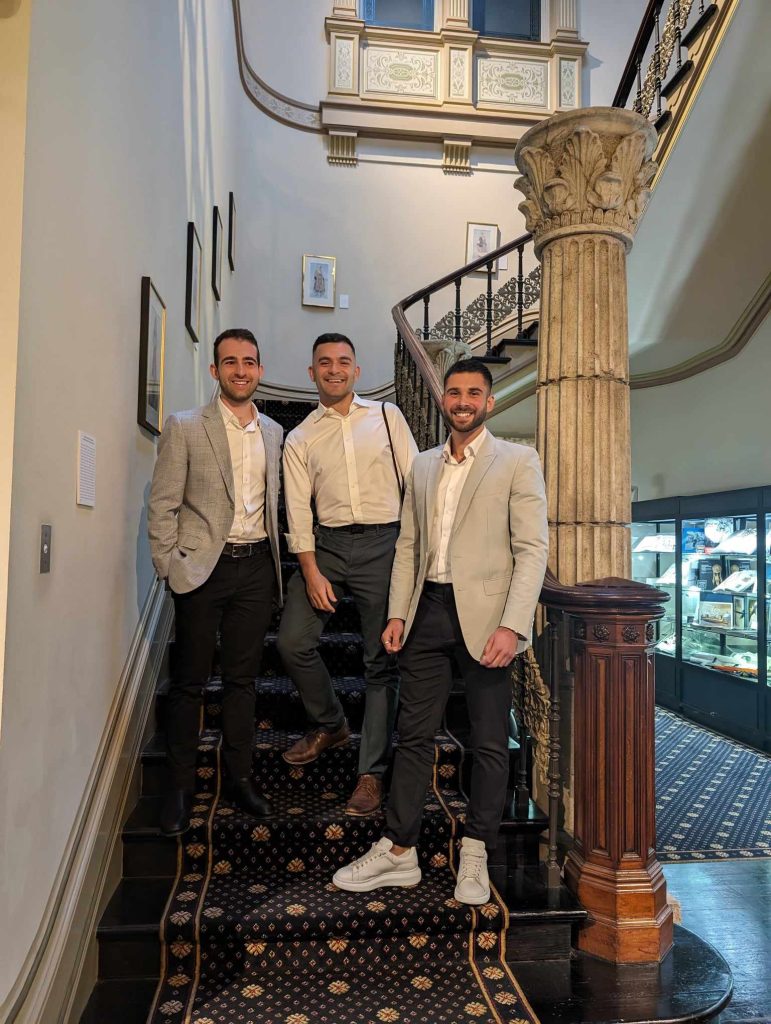
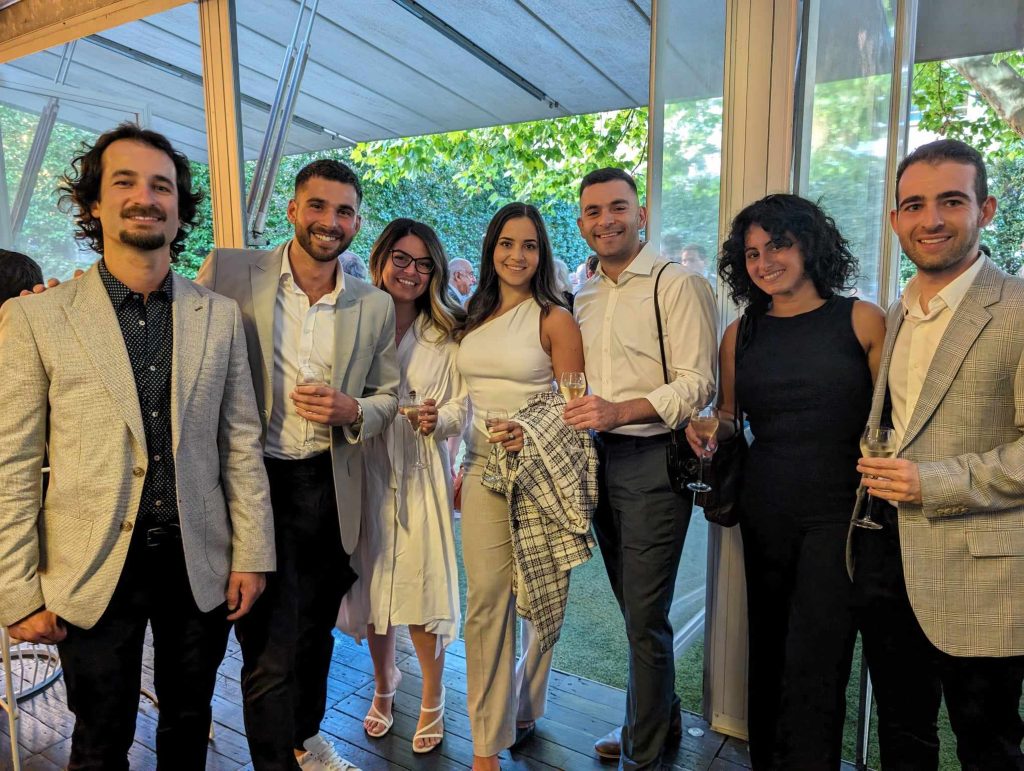
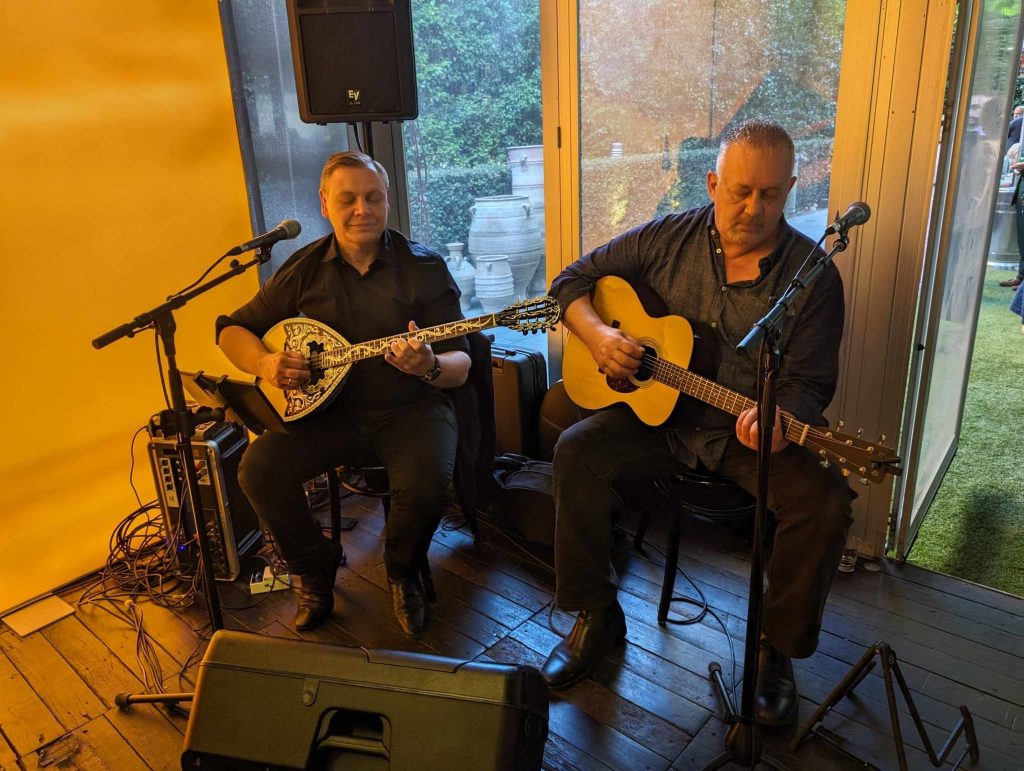
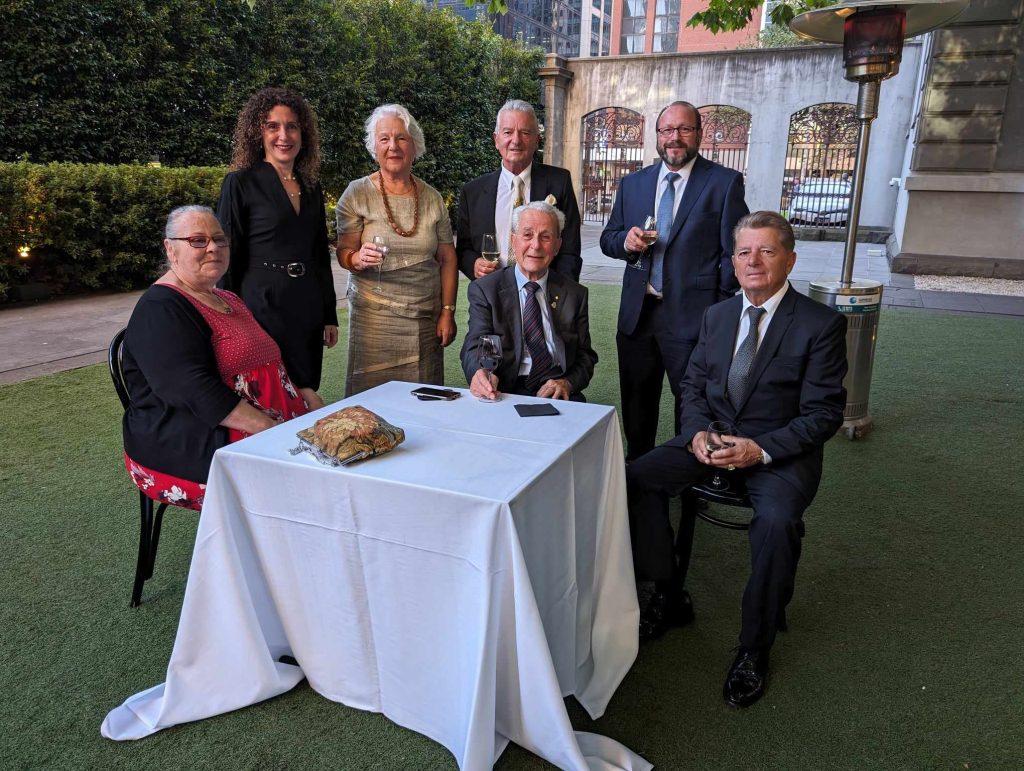
Greek Consul General in Melbourne, Emmanuel Kakavelakis, host of the event, said, “Representing Greece is a tough job, but doing that in a city that has 30 Greek football teams and 530 Greek associations. How do you do that? It’s impossible. But thanks to all of you I have been able to do just that.”
He drew attention to the recent visit of Greece’s Alternate Interior Minister Theodoros Livanios and upcoming visits by Greek President Katerina Sakellaropoulou this year and of Ecumenical Patriarch Bartholomew in October.
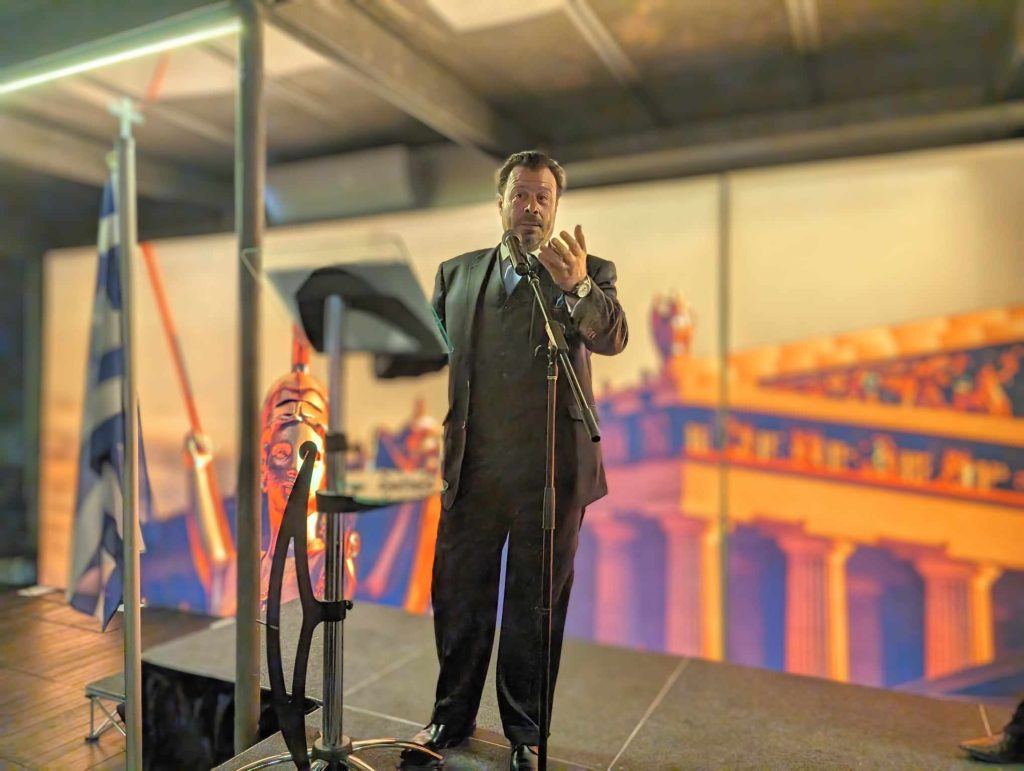
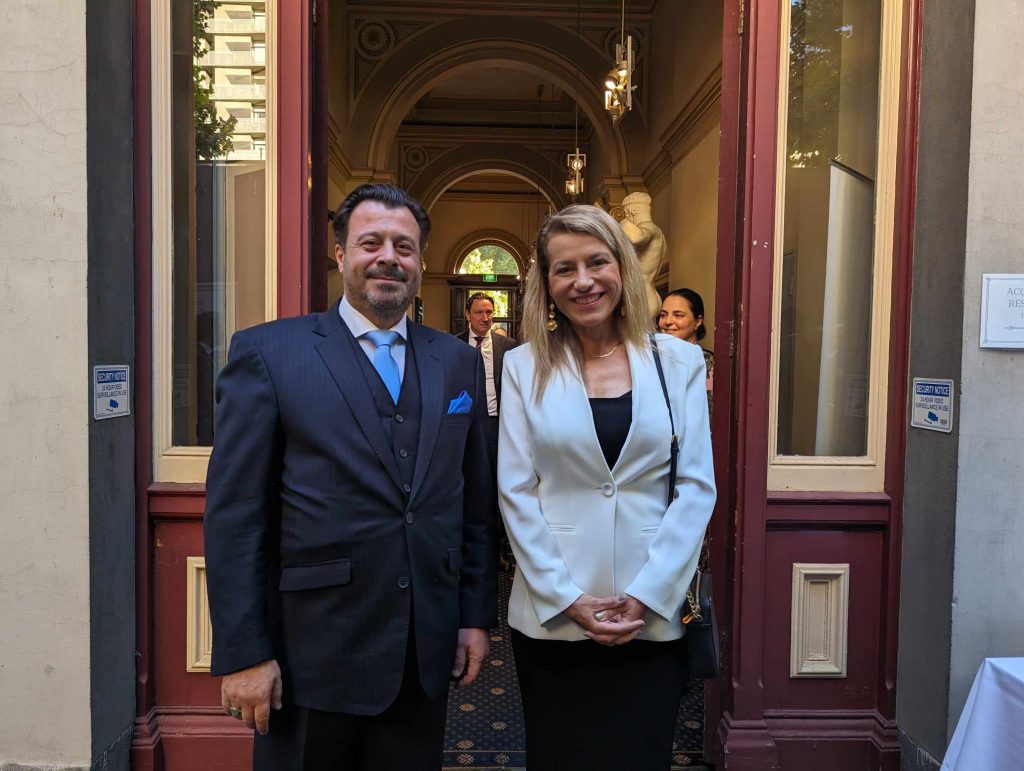
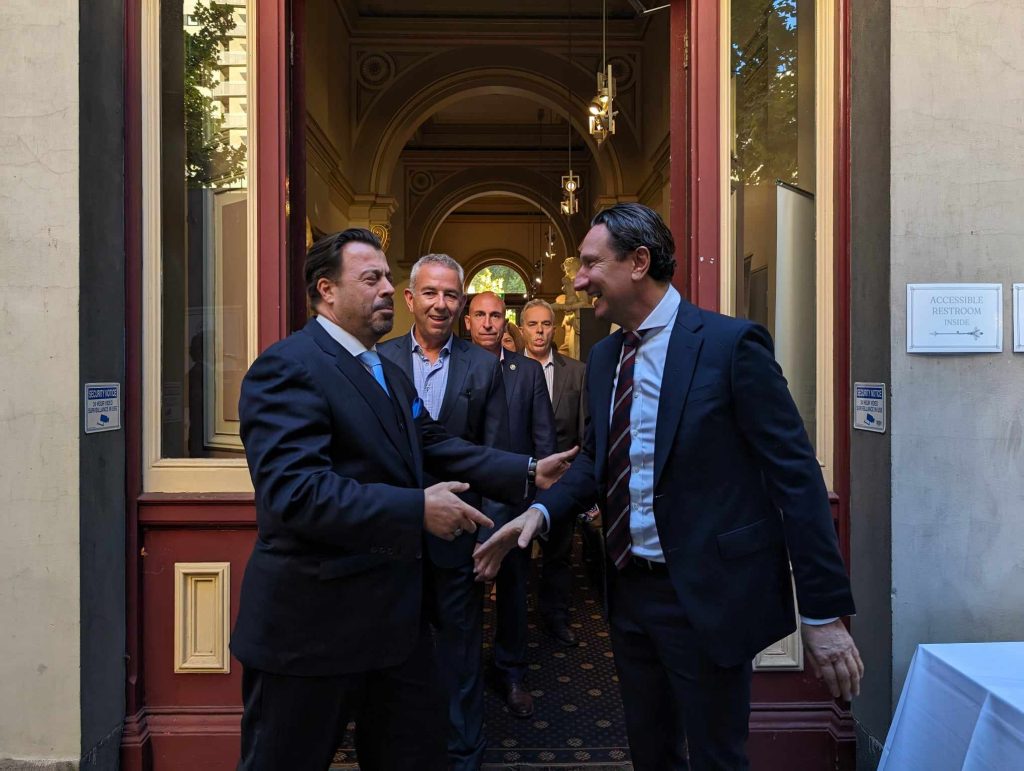
Looking at the many groups that helped Greece achieve independence, he said that the success lay in everyone working together – “Oli mazi.”
Victorian Minister for Tourism, Steve Dimopoulos, representing Premier Jacinta Allan, said: “Almost 10 years ago, in my first speech in Parliament, one of the things I said was ‘I’m eternally proud and grateful for two things.’ One is that I was born in Australia and that I lay some small claim to 5,000-years of Hellenic heritage, extraordinary in its scope and depth. I think we’re all proud of that. We love this country, but we love that we were born to a legacy that is so extraordinary.”
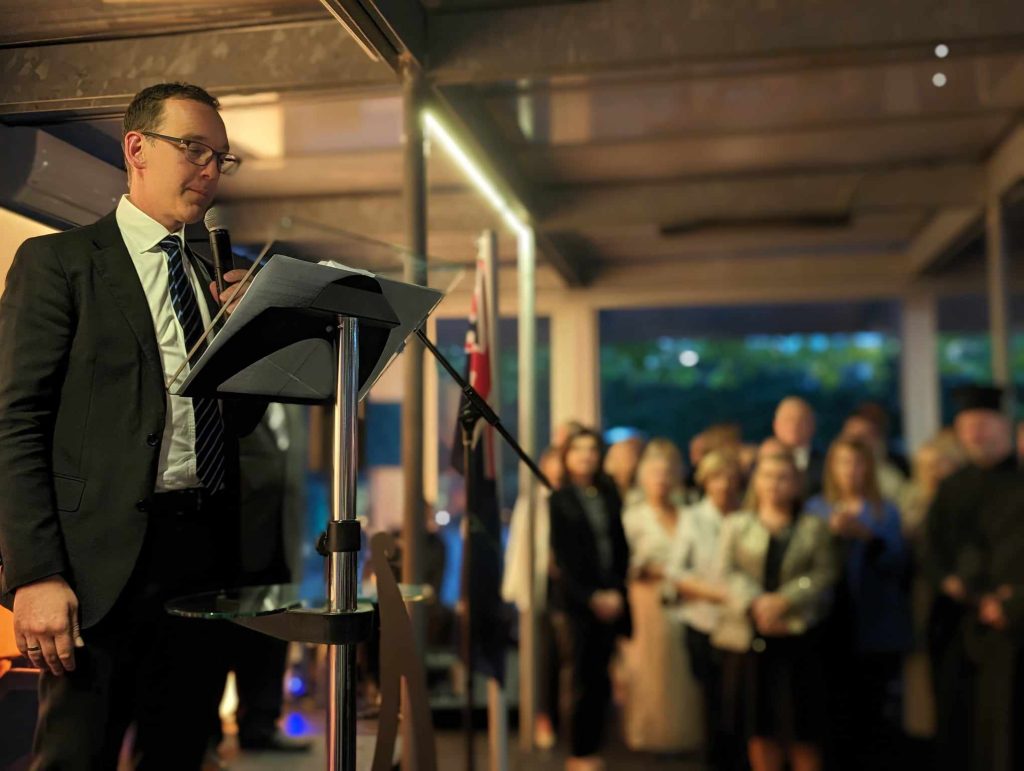
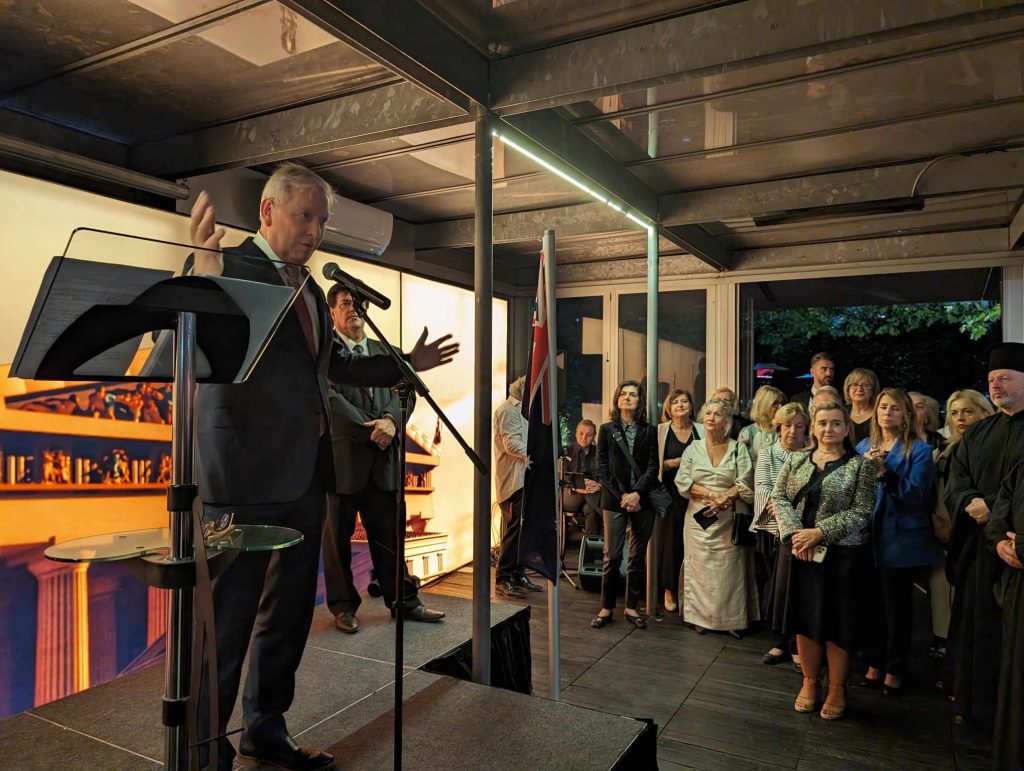
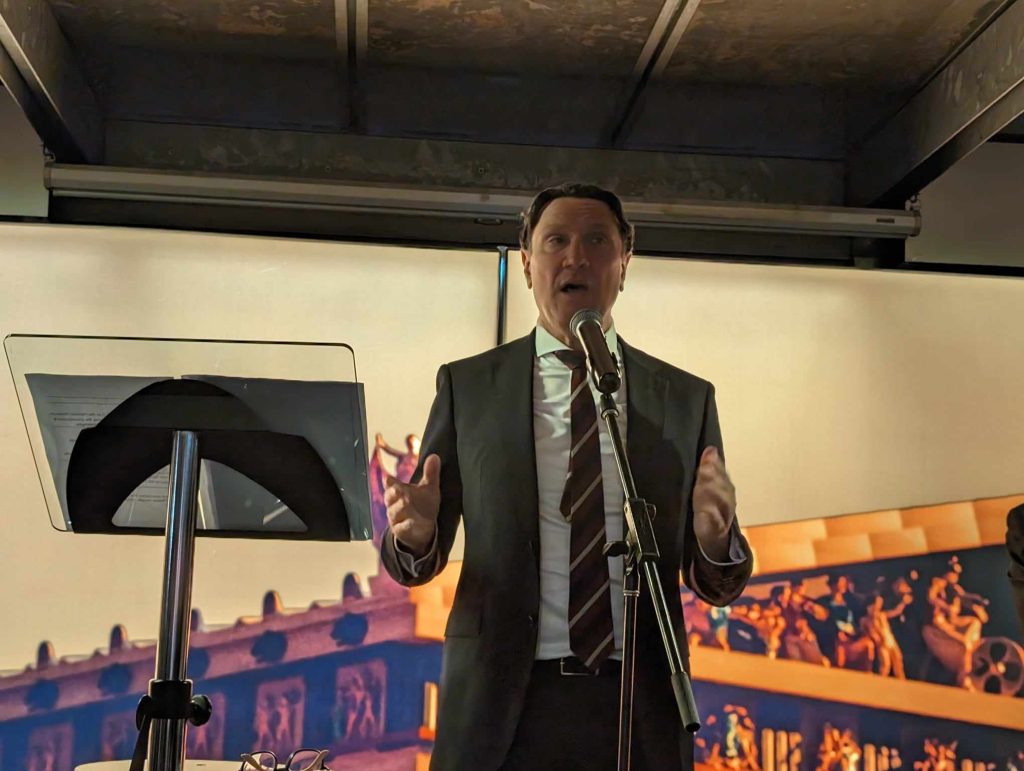
David Davies, representing Victoria’s Leader of the Opposition John Pesutto, said, “Here, in Victoria, whether it’s in academia, whether it’s in business, whether it’s in politics, everywhere you look Greek community members are making an amazing contribution.”
“I’m going to unashamedly say that Greece is the foundation of democracy and 1821 is the rebirth of Greece coming forward again,” Mr Davies added.
Greek Community of Melbourne President Bill Papastergiadis highlighted the role of the diaspora in the 1821 Revolution, but he also focused on the role Greek Independence played in the “broader geopolitical framework.”
“It pivoted the geopolitical future of Europe. How did it do that? It inspired almost every other country to leave or push back on autocratic ruling, which was the mainstay of Europe at the time,” he said, pointing to countries that followed suit, including Belgium, Italy, Germany, Turkey, Bulgaria, Romania and Ireland.
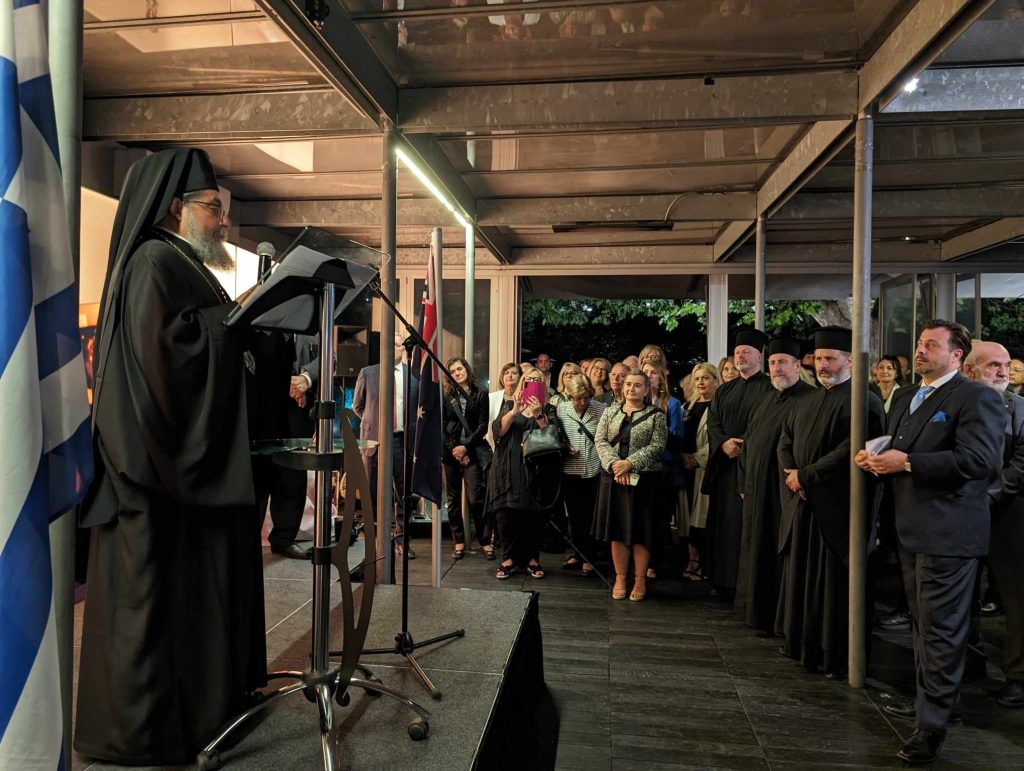
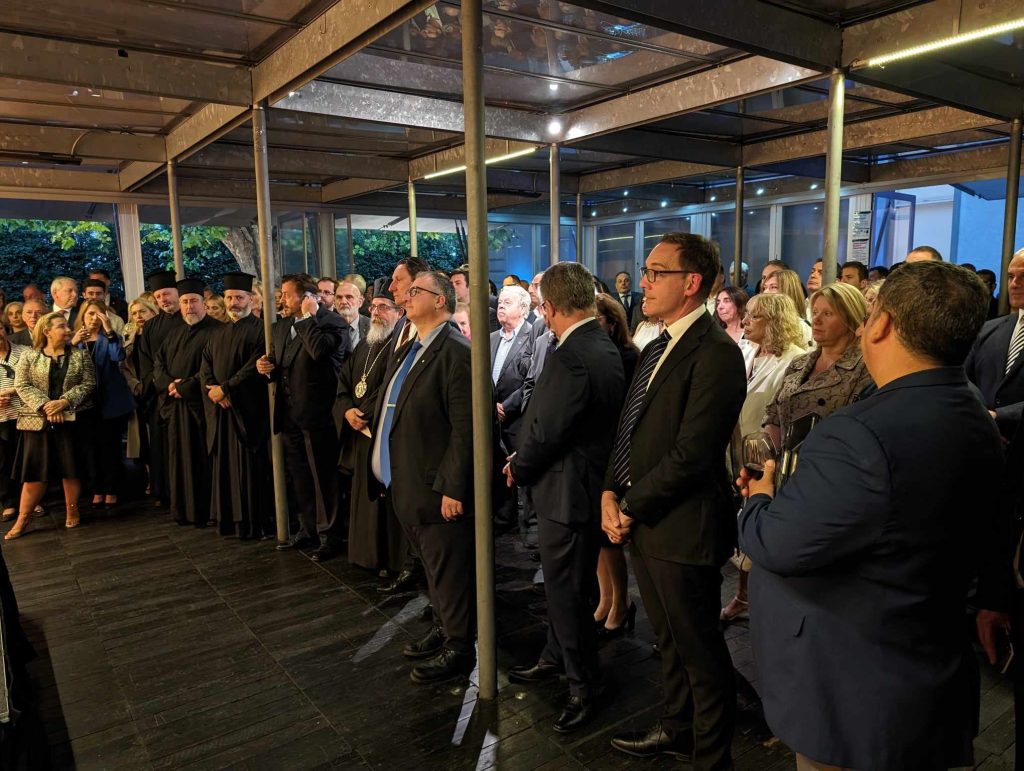
Speakers emphasised the importance of freedom while acknowledging the 50th anniversary of the Turkish invasion of Cyprus. Additionally, Mr Dimopoulos highlighted the 100th anniversary of the Genocide of Christian minorities in Turkey.
Hellenic Museum’s Development and Engagement Manager Leslie Gurusinghe highlighted that it was 200 years since the death of Lord Byron on the battlefields of Messolonghi. He pointed to the yet-to-be announced “Spirit of Byron” exhibition to take place in April, the same month as the official Melbourne Greek Independence Day Parade on April 14th.
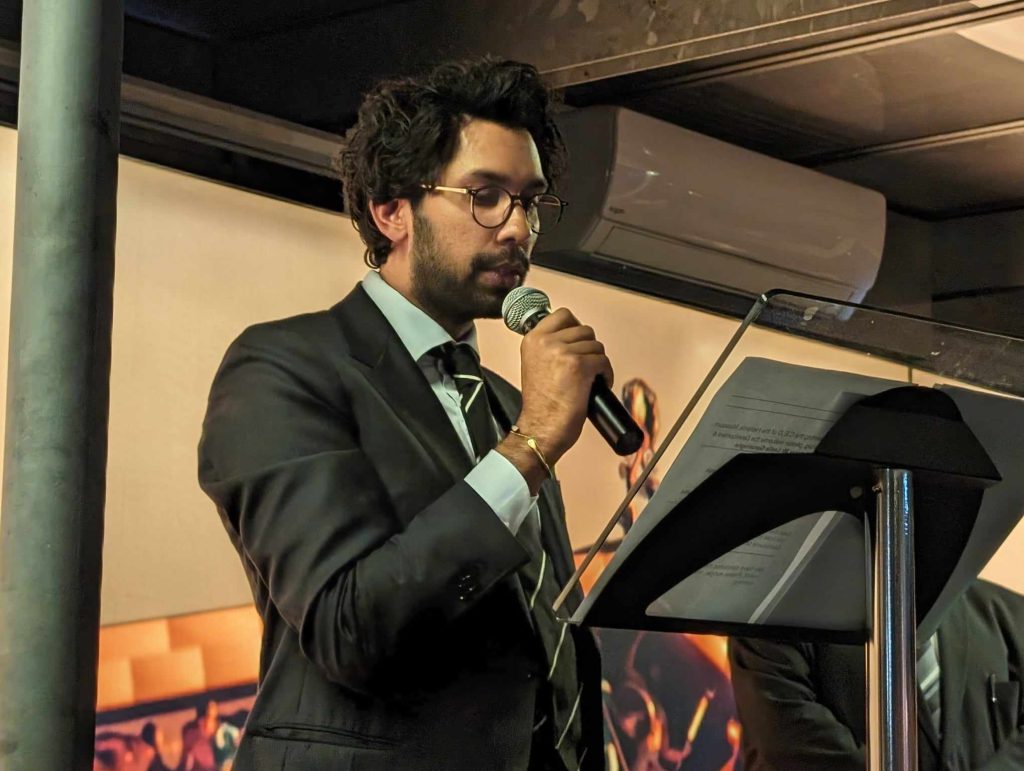
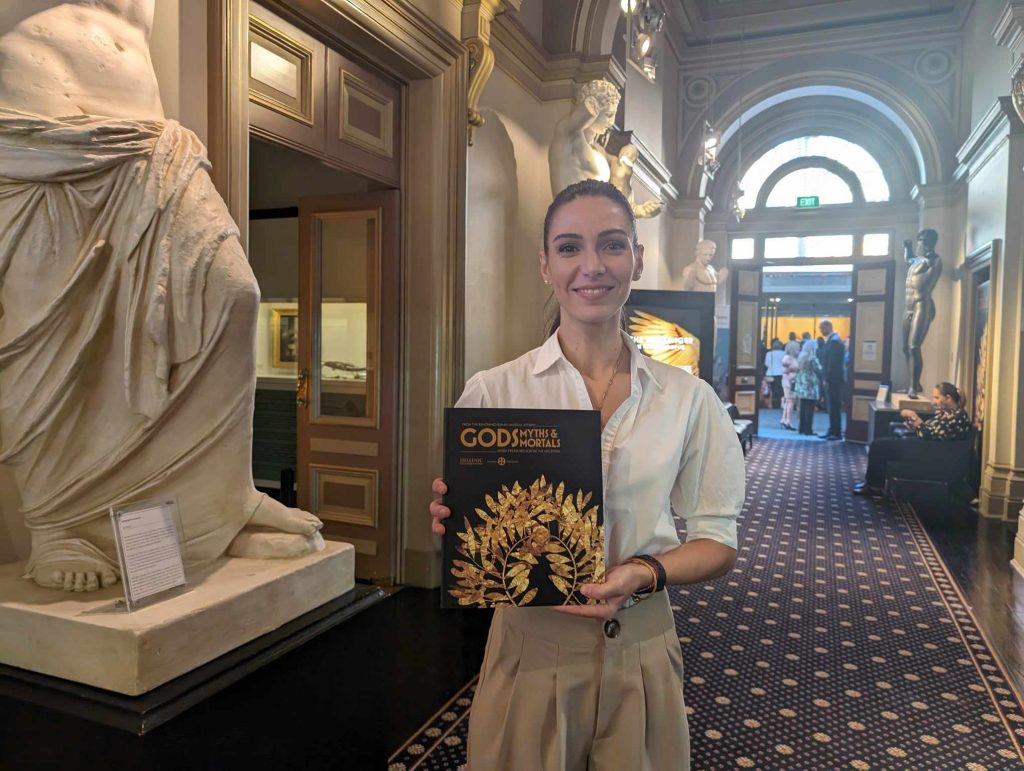
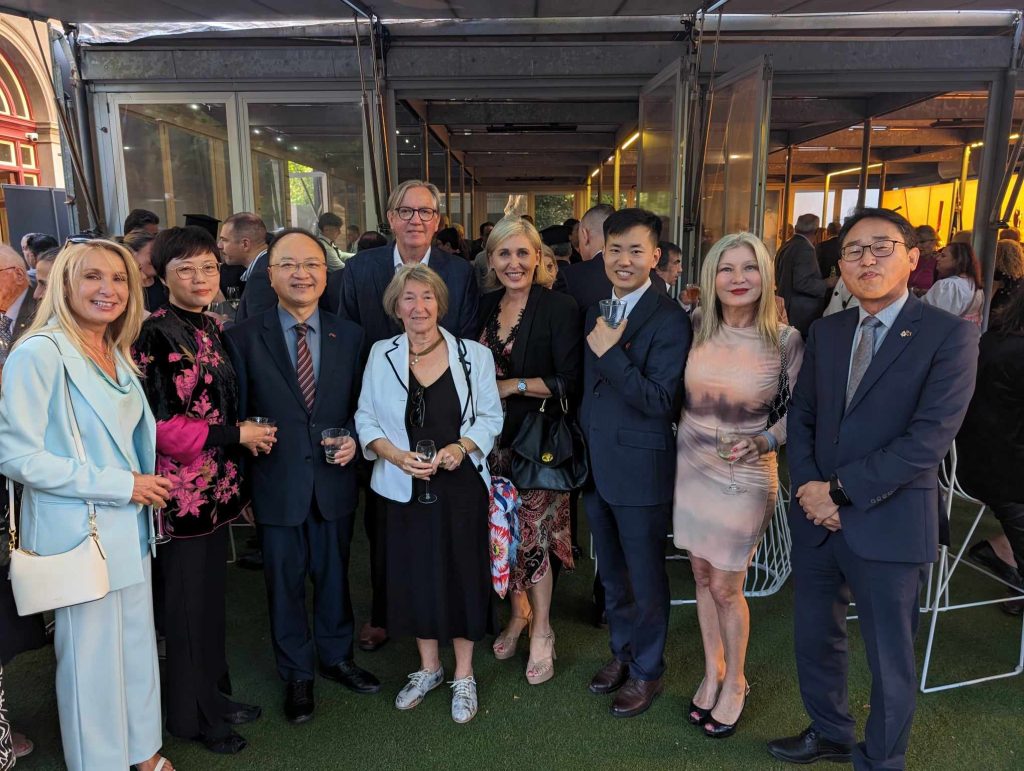
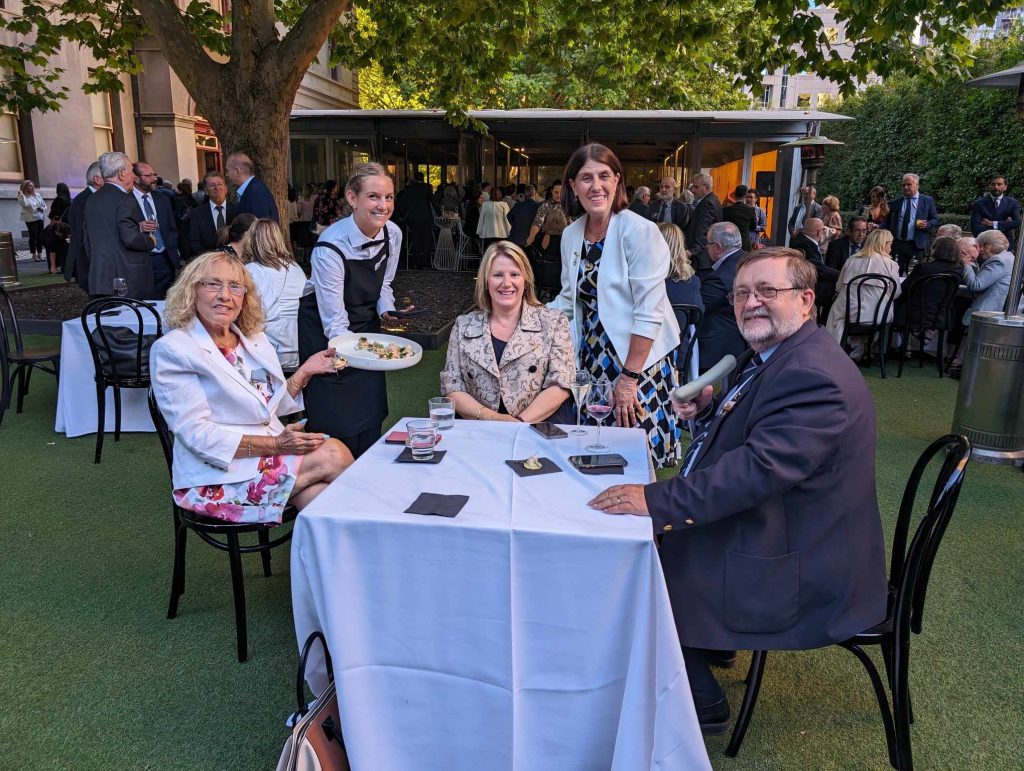
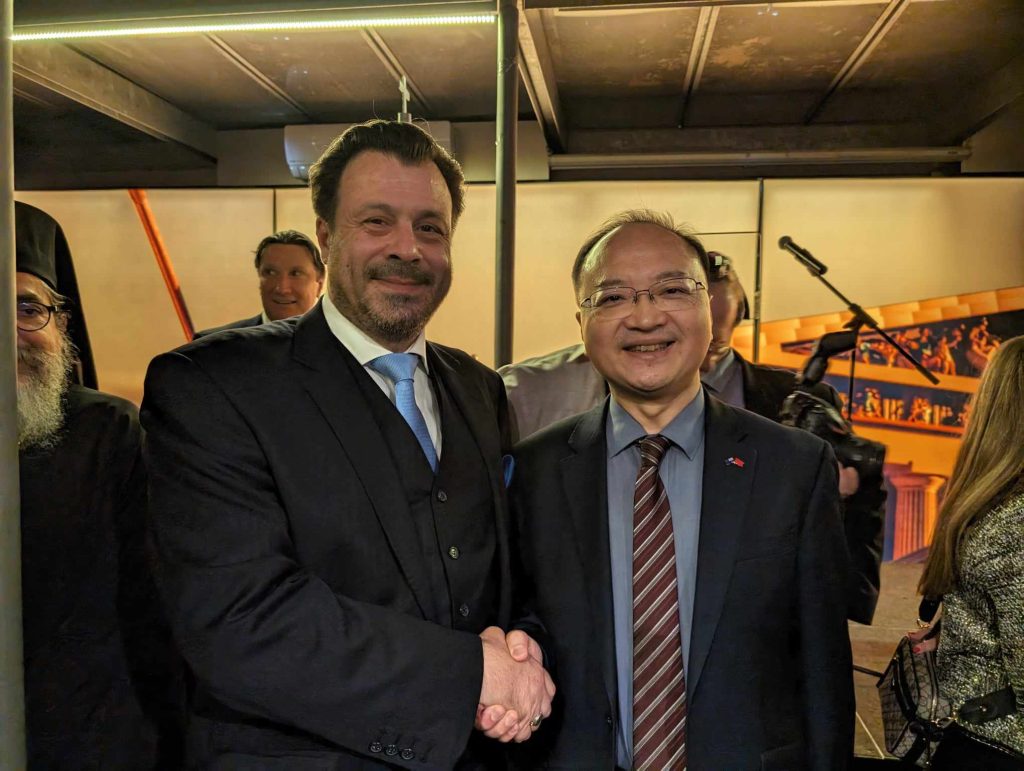
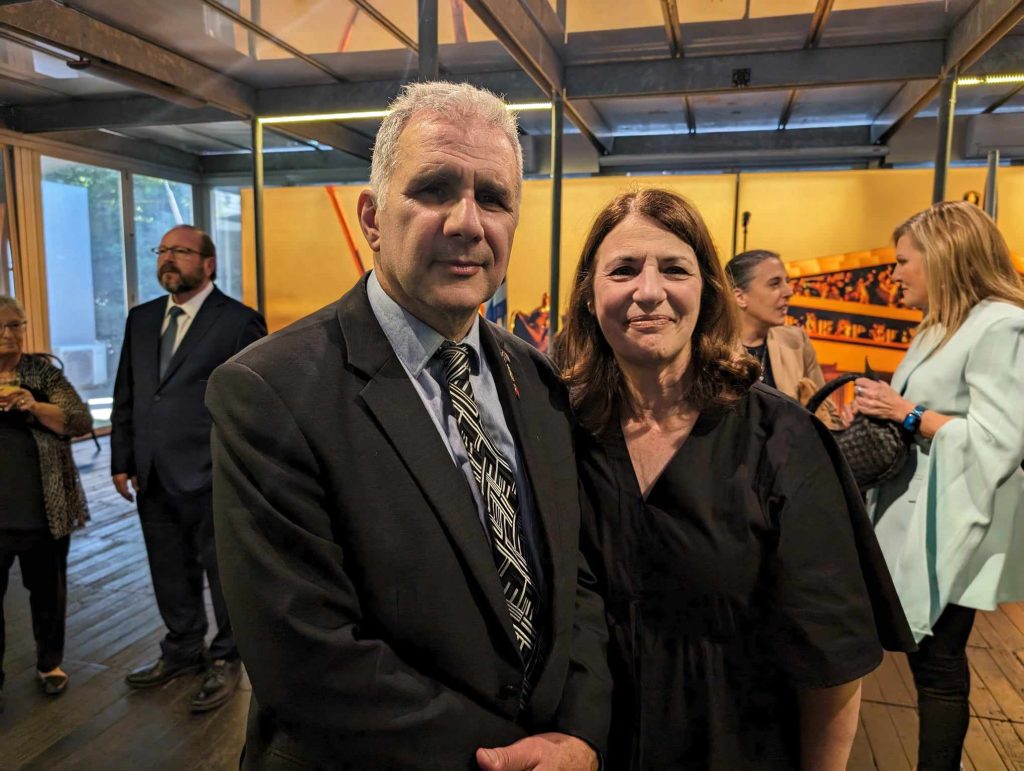
The focus on Byron, a great Philhellene, resonated well with the number of philhellenes at the event. Consul Generals and Ambassadors from the People’s Republic of China, Egypt, Germany, Hungary, Italy, Japan, Korea, the United States, and the Slovak Republic were present.
“Can you say anything in Greek?” The Greek Herald asked them, “Ζήτω η Ελλάς! (Zito I ellas)” (Long live Greece!) they said in unison.

